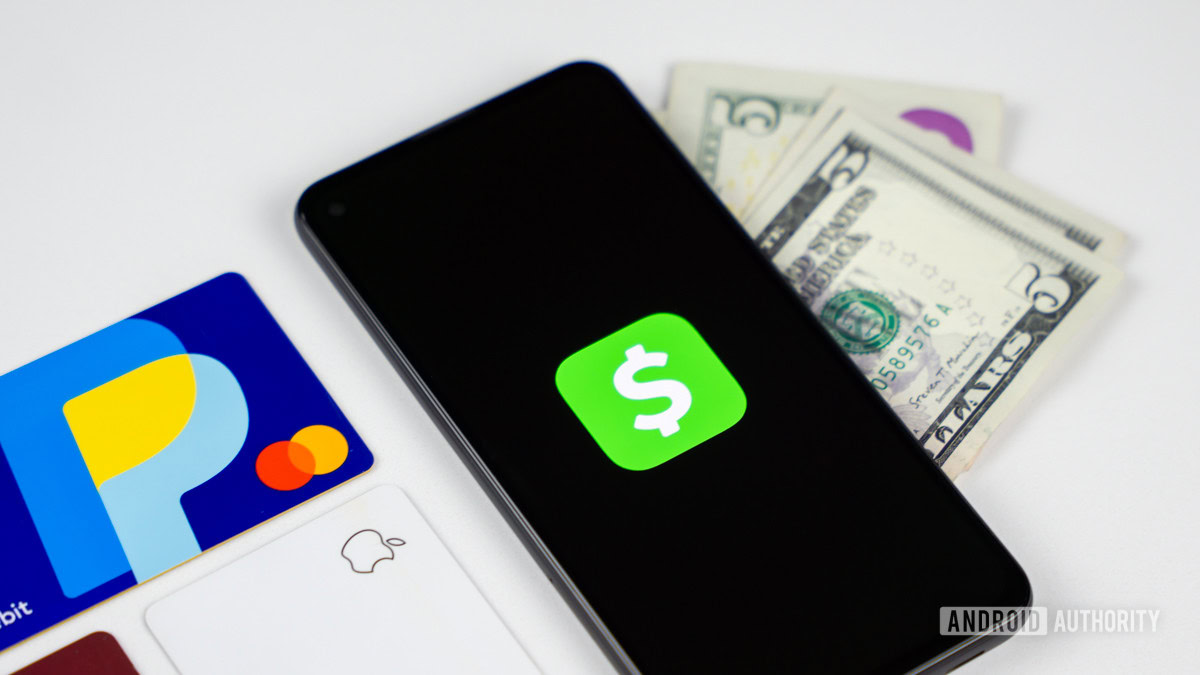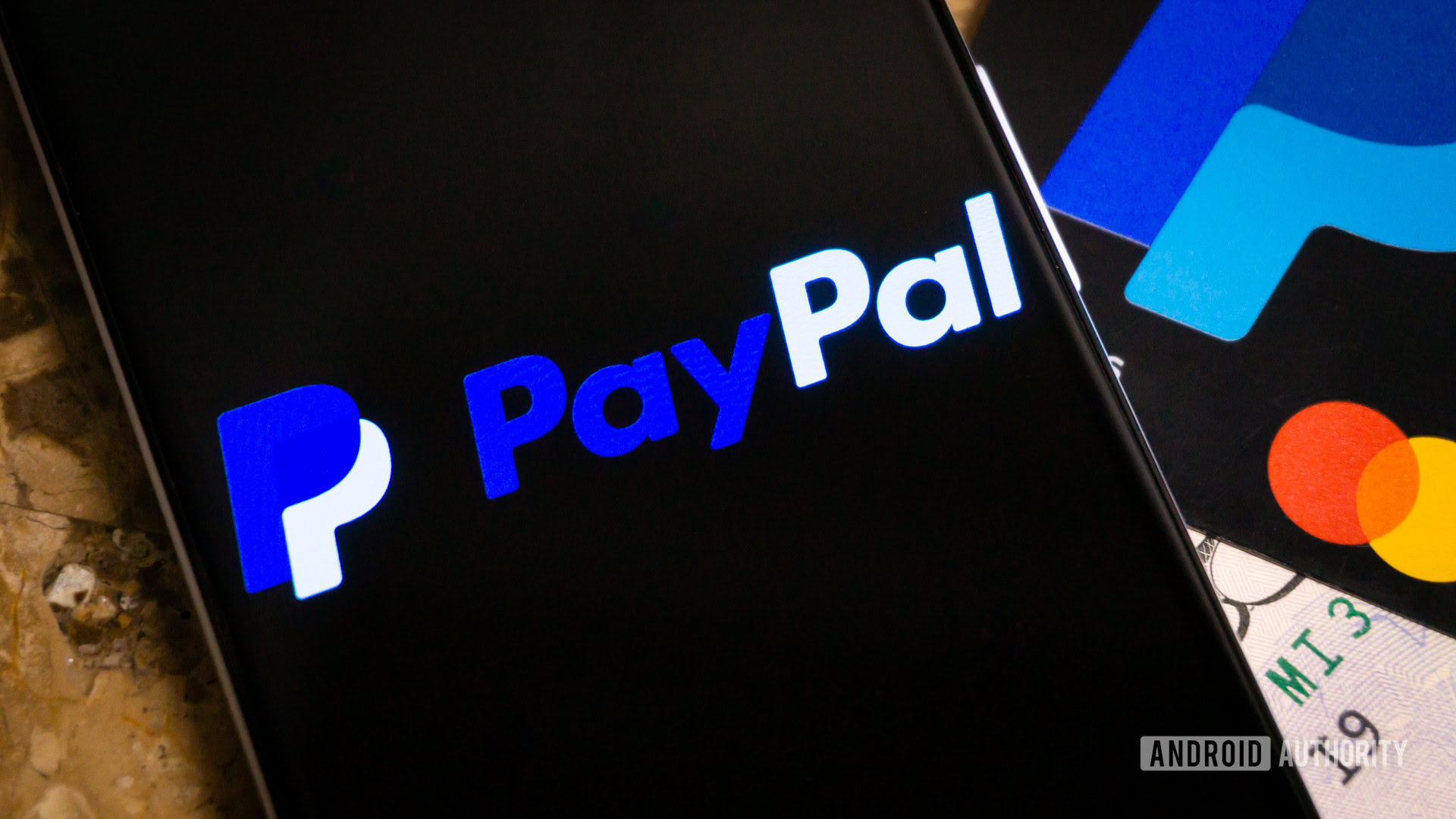Affiliate links on Android Authority may earn us a commission. Learn more.
Cash App fees: Everything there is to know

Cash App has quickly become one of the most popular platforms for microtransactions. It makes splitting bills or sending other people money very quick and easy. That said, nothing is free, and there certainly are some Cash App fees you should know about before you start using it to send and receive money.
Does Cash App have fees?
Cash App fees can get a bit confusing, especially if you’re new to the application. We’ve put together a table to simplify the whole situation and help you understand when and if you will need to pay any extra money.
| Actions that incur Cash App fees | Fees |
|---|---|
Paper money deposits | $1 (can be up t $5, depending on the merchant). |
Cash Out Instant Deposits | 0.5% to 1.75% ($0.25 minimum). |
Cash Card in-network ATM withdrawal | $2.50. Waived for 31 days after each direct deposit of at least $300. The ATM may also charge additional fees. |
Cash Card out-of-network ATM withdrawal | $2.50. One withdrawal waived for 30 days after each direct deposit of at least $300. The ATM may also charge additional fees. |
Send from credit card | 3%. |
Stock selling TAF fees | $0.000145 per share sold, rounded up to the nearest penny and no greater than $7.27. |
Stock selling SEC fee | $.0008 per $100 of covered sales, rouded up to the nearest penny. |
Bitcoin fees | Amount varies by amount. It’s about 2.25% for purchasing $100 worth of Bitcoin, as of the time of this writing. This fee percentage lowers as you buy more, and increases as you buy less. |
Cash for Business fees | All incoming transactions incur a 2.75% fee. Instant transfers are waived. |
If an action isn’t listed in the table above, it means you won’t get charged for it. As you can see, Cash App fees aren’t as convoluted as those involved with other platforms. In fact, they are pretty straightforward once you start getting more familiarized with the application.
You can use Cash App without paying any fees. You just need to be patient.
It is possible to use the application without ever paying fees, if you go about it correctly and are patient. You’ll just have to use either a bank account or debit card to send money or add money to your Cash App balance. Then, you could opt for a standard Cash Out to withdraw money to your bank account, as opposed to speeding things up with an instant transfer. You can also avoid withdrawing cash from an ATM unless you know it’s free, or avoid paper money deposits.
If you look around, plenty of crypto exchanges offer Bitcoin purchases for lower fees, and some have none. There are also plenty of other stock investment alternatives. We can’t deny using Cash App to invest in stocks and Bitcoin is super convenient, though. Especially if you’re already getting money there and would rather avoid transferring it around to invest. The fee might be worth avoiding that minor annoyance.
How do cash app fees compare to the competition?
Venmo

Cash App’s main competitor is Venmo, a similar microtransaction platform with a social aspect. We’ve taken a look at both services’ fees, and they’re very similar.
The only main difference is that instant transfers cost 1.75% on Venmo, regardless of the amount you transfer. On Cash App, it could be as low as 0.5% if you move more money. That said, Venmo has a $25 max fee for instant transfers, whereas Cash App has no maximum fee. This means the instant transfer fee could be much higher on Cash App if the amount sent gets high enough. Additionally, crypto fees are a bit higher on Venmo, as buying $100 worth of Bitcoin incurs around a 2.5% fee.
PayPal

PayPal is another very similar competitor. The thing about PayPal fees is that there are fees for a bunch of things. But this is because PayPal has a ton of features, works in many countries, and has a plethora of personal and business capabilities.
If we stick to the basics, we can see that instant transfers cost 1.75%, with a $0.25 minimum and a $25 maximum. Additionally, sending money using a card will cost 2.9% plus a fixed fee of $0.30. Crypto fees will cost a minimum of $0.49, and up to $2.49 for as much as $200 of purchases or sales. Transacting between $200.01 and $1,000 will cost 1.8%, and anything about $1,000.01 will cost 1.5%. Keeping up with PayPal fees is much more complicated and usually more expensive.
Zelle
Zelle, on the other hand, is almost always free. There are some huge caveats with Zelle, though. For starters, your bank needs to support it; there is no way around that. Additionally, some banks may opt to charge fees, but that isn’t the norm.
FAQs
It depends. Your Cash App funds will be FDIC-insured only if you sign up for a Cash Card or are a sponsor of a sponsored account. FDIC insurance will cover up to $250,000.
Bitcoin is not a regulated asset. There is no insurance for it. Most experts and crypto fans will recommend that you send your money to a cold wallet or hardware wallet if you want to keep it as safe as possible
Cash App Investing is a member of SIPC, which covers members up to $500,000. Up to $250,000 can be cash claims.
Most of Cash App’s main features are free to use, and avoiding fees is relatively simple if you have some patience. For example, you can avoid instant transfers and send money as a standard transaction, but this will take 1-3 days. Avoid using credit cards, which incur a 3% fee. Find other ways to invest, too. And try not to withdraw money from an ATM unless you know your fees are waived.